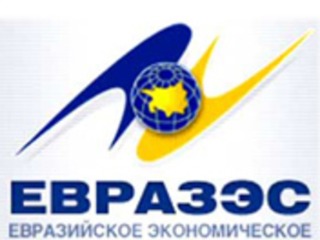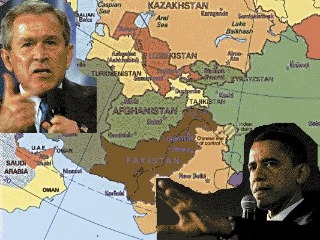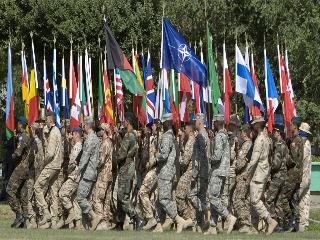Kazakhstan Increasingly Concerned over Eurasian Economic Union
By Stephen Blank (the 27/11/2013 issue of the CACI Analyst)
Kazakhstan joined the Customs Union with Belarus and Russia in 2010 and by 2012, it had evolved into a single Eurasian Economic Space known also as EurAsEc. The economic union is Putin’s principal foreign policy goal and Ukraine in the West and Kazakhstan in the East are particularly important to the success of this enterprise. Yet, while Ukraine was poised to instead sign a trade agreement with the EU at the Eastern Partnership summit in Vilnius on November 28-29, it has stopped preparing for that signing ceremony, evidently succumbing to Russian pressure. Meanwhile, Kazakhstan has now registered increasingly vocal complaints about the direction EurAsEc is taking.

Kyrgyzstan's Defense Council Discusses Corruption
By Arslan Sabyrbekov (the 27/11/2013 issue of the CACI Analyst)
On November 4, a meeting of Kyrgyzstan’s Defense Council took place in the State Residence Ala-Archa. The meeting was chaired by the President of the Kyrgyz Republic Almazbek Atambayev and focused on corruption and the state anti-corruption strategy adopted two years ago.
“CACI Analyst, October 30, 2013”
AWOL: U.S. Policy in Central Asia
By Stephen Blank (the 30/10/2013 issue of the CACI Analyst)
The U.S. has decided to give up the base at Manas, presumably because that base is not worth retaining once it leaves Afghanistan next year, and will relocate the base to Romania. Washington is instead moving most of its logistics through Pakistan, with a corresponding decline in the use of the Northern Distribution Network. Once U.S. forces leave Afghanistan there will be no military presence in Central Asia to speak of. Second, the TAPI gas pipeline from Turkmenistan through Afghanistan and Pakistan, nominally the centerpiece of America’s New Silk Road initiative, languishes for lack of any financing.

NATO in Afghanistan – Paralysis as Policy?
By Richard Weitz (the 30/10/2013 issue of the CACI Analyst)
NATO’s inability to commit to a definite role in Afghanistan beyond 2014, along with perceived strategic setbacks in Central Asia and the South Caucasus, are reinforcing the narrative promoted by the Taliban, al-Qaeda, Iran, and to a lesser extent Russia and China, that a war-weary West is abandoning Eurasia. Urgent measures are needed during the next months to reverse this perception before it gains irreversible momentum. The perception is already leading regional players to hedge against the expected consequences of a diminished NATO role. NATO needs to reaffirm and clarify its commitment to Afghanistan and Eurasia.



